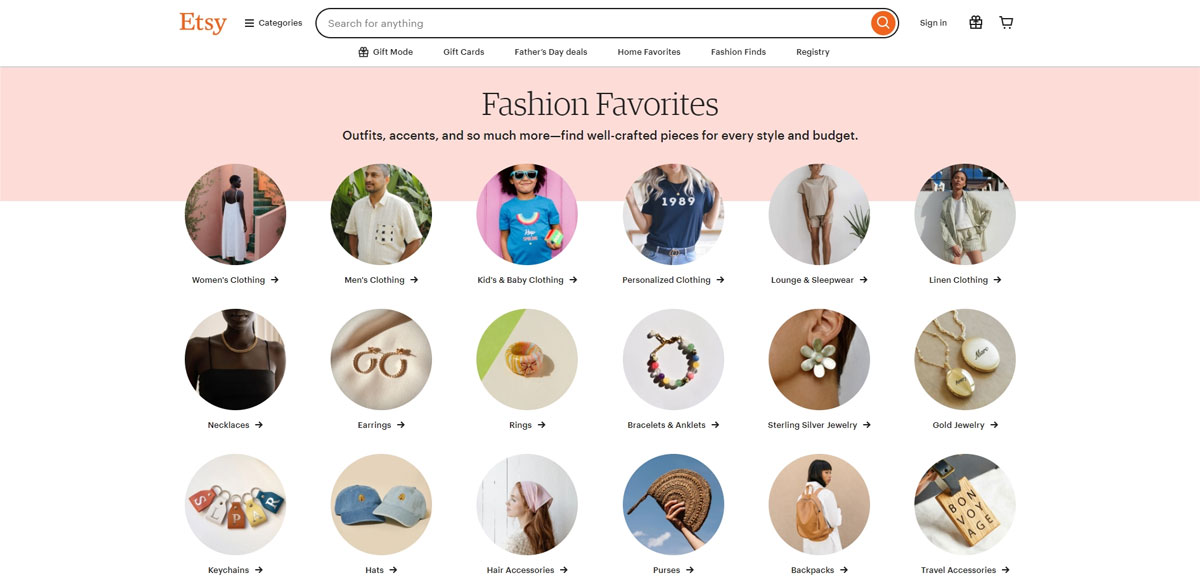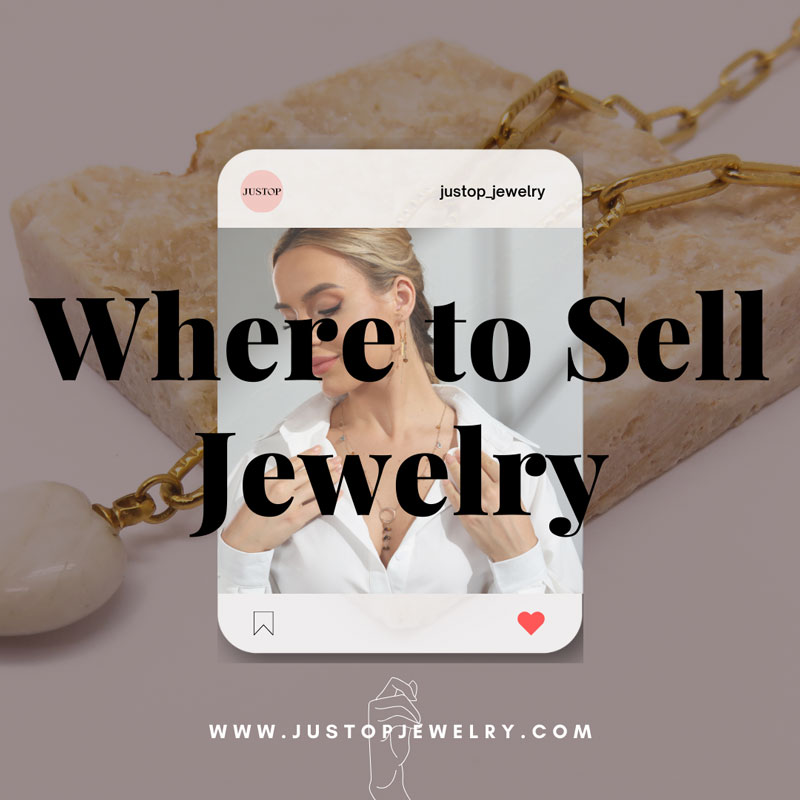Deciding where to sell your jewelry can be as nuanced as the pieces themselves. Whether you’re downsizing, looking to trade up, or simply want to turn old treasures into cash, knowing your options is key. We’ll look at a variety of websites and locations in this in-depth guide to help you successfully sell your jewelry. To obtain the maximum return on your investment, learn how to negotiate the complexity of the jewelry selling landscape, from internet marketplaces to neighborhood jewelry stores.
Understanding Your Selling Options
1. Online Marketplaces

Online marketplaces offer a vast audience and can be a convenient way to reach potential buyers across the globe. Platforms like eBay, Etsy, and Amazon provide user-friendly interfaces that simplify the selling process. Each platform has its own set of fees and policies, so it’s important to choose one that aligns with your needs.
Pros:
- Access to a large pool of buyers
- Platform handles payments and can offer seller protection
Cons:
- Competition can be high, may require aggressive pricing
- Fees can reduce profits
2. Jewelry-Specific Sites

Websites like Worthy, The RealReal, and Jewelers Mutual specialize in jewelry and offer targeted services like professional appraisals and photography to help your pieces shine. These platforms attract buyers who understand the value of jewelry, potentially helping you get a better price.
Pros:
- Expert handling and presentation of your jewelry
- Higher trust among buyers looking for quality pieces
Cons:
- Higher fees compared to general marketplaces
- Often require a commission
3. Local Jewelry Stores

Selling to a local jeweler can be a quick and straightforward process. Many jewelers offer consignment options or direct buyouts, depending on the piece’s value and condition.
Pros:
- Immediate payment possible
- Personal interaction, allowing for negotiation
Cons:
- Offers might be lower than market value to cover store overhead
- Limited to geographical location
4. Pawn Shops
Pawn shops are an option for those looking for quick cash, but they typically do not offer the best returns.
Pros:
- Instant cash
- No need for marketing or dealing with buyers
Cons:
- Significantly lower offers
- May not appreciate the true value of fine jewelry
5. Auction Houses
For high-value, antique, or unique jewelry, auction houses like Sotheby’s or Christie’s can be ideal. These venues attract serious collectors willing to pay premium prices.
Pros:
- Potential for very high returns
- Professional handling and valuation
Cons:
- Long process, can take months
- Significant fees and commissions
Frequently Asked Questions
Q: How do I know which platform is best for my jewelry?
A: Assess the value of your jewelry through appraisals and compare the costs and benefits of each platform. High-value items may do better at auction houses, while unique, handcrafted pieces might find a home on Etsy.
Q: Should I get my jewelry appraised before selling?
A: Yes, an appraisal can give you a better understanding of your jewelry’s worth and ensure you are asking for a fair price.
Q: How can I protect myself from fraud when selling jewelry online?
A: Use reputable platforms that offer seller protection, secure payment methods, and trackable shipping options.
Selling your jewelry can be a profitable venture if done correctly. It is possible to optimize profits and guarantee a seamless transaction by selecting the appropriate platform and getting your assets ready for sale. When choosing your choice, take into account your individual needs, the worth of your jewelry, and the amount of work you are prepared to put into the selling process.
Are you ready to sell your jewels for money? Look through our well selected list of local retailers and platforms to find the ideal fit for your selling requirements. Please get in touch with us personally with any purchase inquiries,buy bulk jewelry to sell or for in-person consultations if you’d like more thorough advice.




